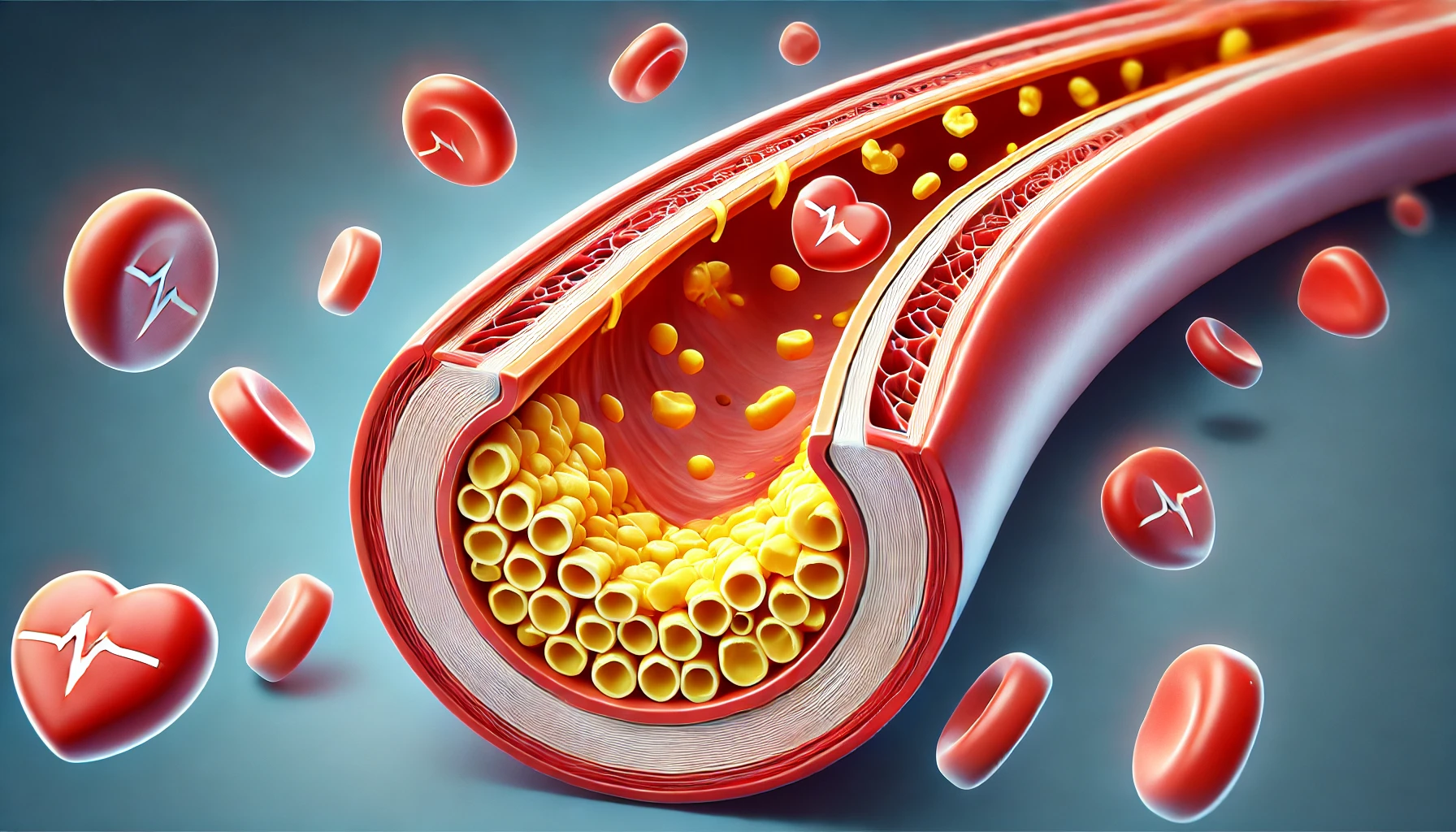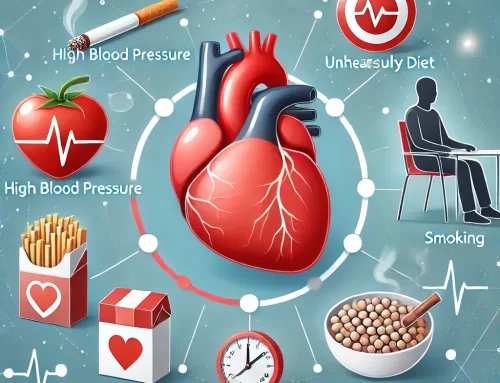What Is the Role of Cholesterol in Cardiovascular Health?
Cholesterol often gets a bad reputation, but it’s not all harmful. In fact, cholesterol is a necessary component of our body’s functioning. However, maintaining the right balance is key to supporting cardiovascular health and preventing heart disease. At Zorah Medical in Des Plaines, we’re here to help you understand the role of cholesterol and how to manage it effectively for a healthy heart.
So, what exactly is cholesterol, and how does it affect your heart?
The Good and the Bad: Types of Cholesterol – Role of Cholesterol in Cardiovascular Health
There are two primary types of cholesterol, often referred to as “good” and “bad” cholesterol:
Low-Density Lipoprotein (LDL): Commonly known as bad cholesterol, LDL contributes to the buildup of fatty deposits (plaque) in your arteries. This can restrict blood flow, leading to a higher risk of heart attack and stroke.
High-Density Lipoprotein (HDL): Known as good cholesterol, HDL helps remove excess LDL from your bloodstream, transporting it to the liver for disposal. Higher levels of HDL are associated with a lower risk of heart disease.
It’s important to have low levels of LDL and higher levels of HDL to maintain a healthy heart.
How Does Cholesterol Affect the Heart?
Cholesterol is vital for building cell membranes, producing hormones, and aiding in digestion. However, when LDL levels are too high, it can cause plaque to form inside your arteries. Over time, this buildup narrows your arteries, making it harder for blood to flow to your heart and other organs.
This condition, known as atherosclerosis, can increase your risk of:
Heart attacks: When plaque buildup blocks the flow of oxygen-rich blood to the heart, it can result in a heart attack.
Stroke: If blood flow to the brain is obstructed due to plaque buildup, it can cause a stroke.
Peripheral artery disease: This occurs when plaque restricts blood flow to your limbs, especially your legs.
Managing Cholesterol Levels for Better Heart Health – Role of Cholesterol in Cardiovascular Health for Des Plaines Residents
Maintaining healthy cholesterol levels is one of the most important steps you can take to protect your heart. Here are some practical ways to keep cholesterol in check:
Adopt a Heart-Healthy Diet: Eating a diet rich in whole grains, fruits, vegetables, and healthy fats can help lower bad cholesterol. Avoid foods high in saturated and trans fats, such as fried foods and processed snacks.
Exercise Regularly: Physical activity helps raise good cholesterol (HDL) and lower bad cholesterol (LDL). Aim for at least 30 minutes of moderate exercise most days of the week.
Maintain a Healthy Weight: Being overweight can increase LDL and decrease HDL. Losing even a small amount of weight can help improve cholesterol levels.
Quit Smoking: Smoking lowers good cholesterol and damages your blood vessels, increasing the risk of heart disease. Quitting smoking can improve your cholesterol profile.
Limit Alcohol: While moderate alcohol intake has been linked to higher HDL levels, excessive drinking can harm your heart and liver. If you choose to drink, do so in moderation.
Medication: In some cases, lifestyle changes may not be enough to lower cholesterol, and your doctor may prescribe medication to help manage your levels.
Get Expert Help at Zorah Medical
Understanding cholesterol’s role in cardiovascular health is key to preventing heart disease and maintaining a healthy lifestyle. At Zorah Medical in Des Plaines, we provide personalized care and support to help you manage your cholesterol levels and reduce the risk of heart disease.
If you’re concerned about your cholesterol or cardiovascular health, book an appointment now for immediate care by calling (708) 412-4040. Don’t wait, protect your heart today!
Schedule an appointment today and take the first step toward a healthier future! You can also visit us at 1645 S River Rd, Des Plaines, IL 60018 for immediate consultation.
FAQs
Q: What should my cholesterol levels be for good heart health?
A: Ideally, your LDL should be below 100 mg/dL, and your HDL should be 60 mg/dL or higher for optimal heart health.
Q: How often should I check my cholesterol levels?
A: Adults over the age of 20 should have their cholesterol checked every 4 to 6 years. If you have risk factors for heart disease, your doctor may recommend more frequent testing.
Q: Can diet alone lower cholesterol levels?
A: While diet plays a crucial role in managing cholesterol, lifestyle changes like exercise and, in some cases, medication may also be necessary to achieve healthy cholesterol levels.
Q: Does high cholesterol always cause symptoms?
A: No, high cholesterol usually has no symptoms. That’s why it’s important to have regular cholesterol screenings.
Q: Can cholesterol be too low?
A: Yes, extremely low cholesterol levels can be harmful and may increase the risk of certain health issues. It’s important to maintain a balanced level of cholesterol for overall health.






Leave A Comment